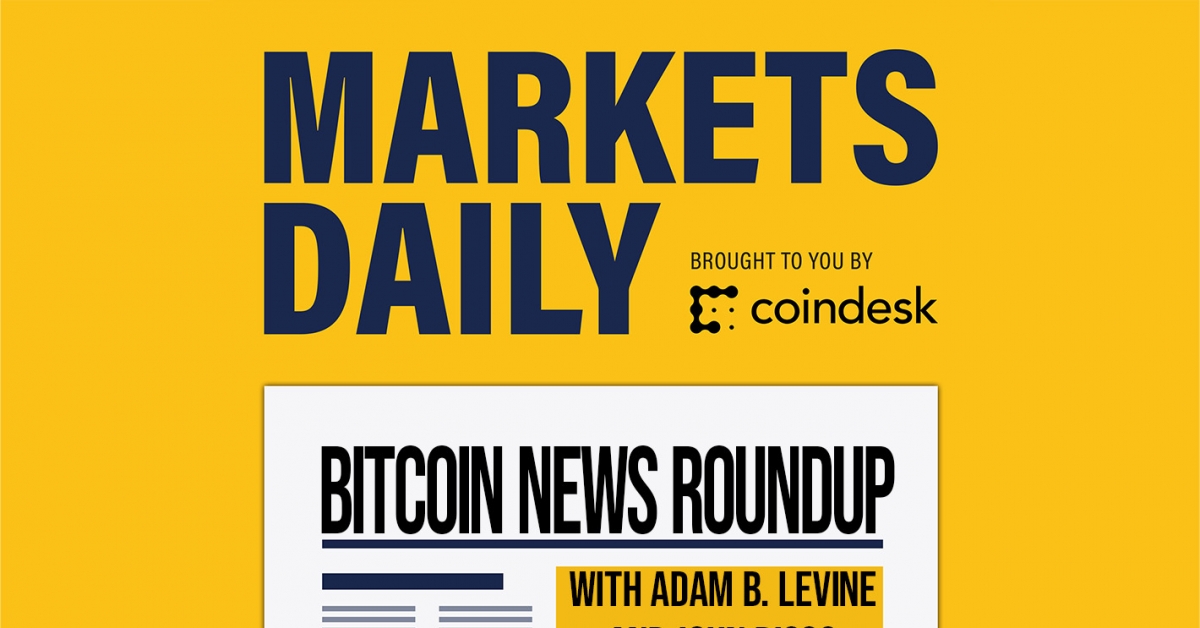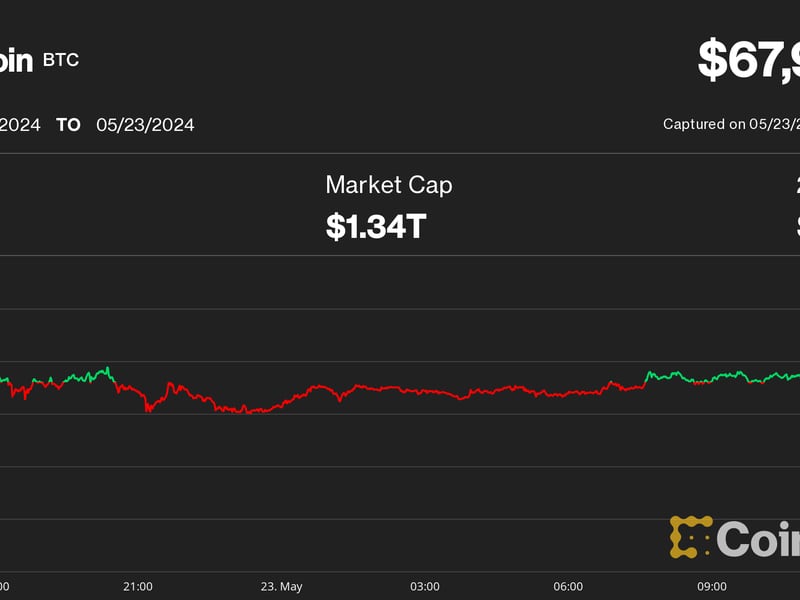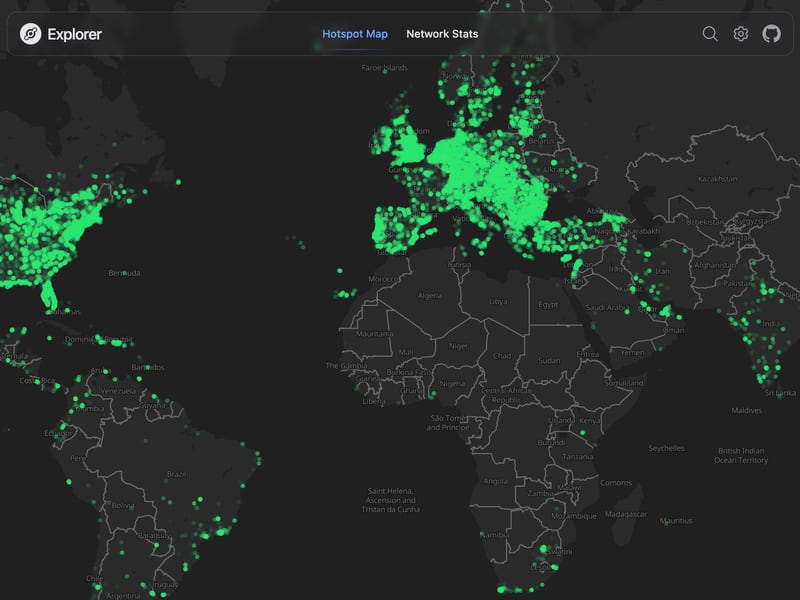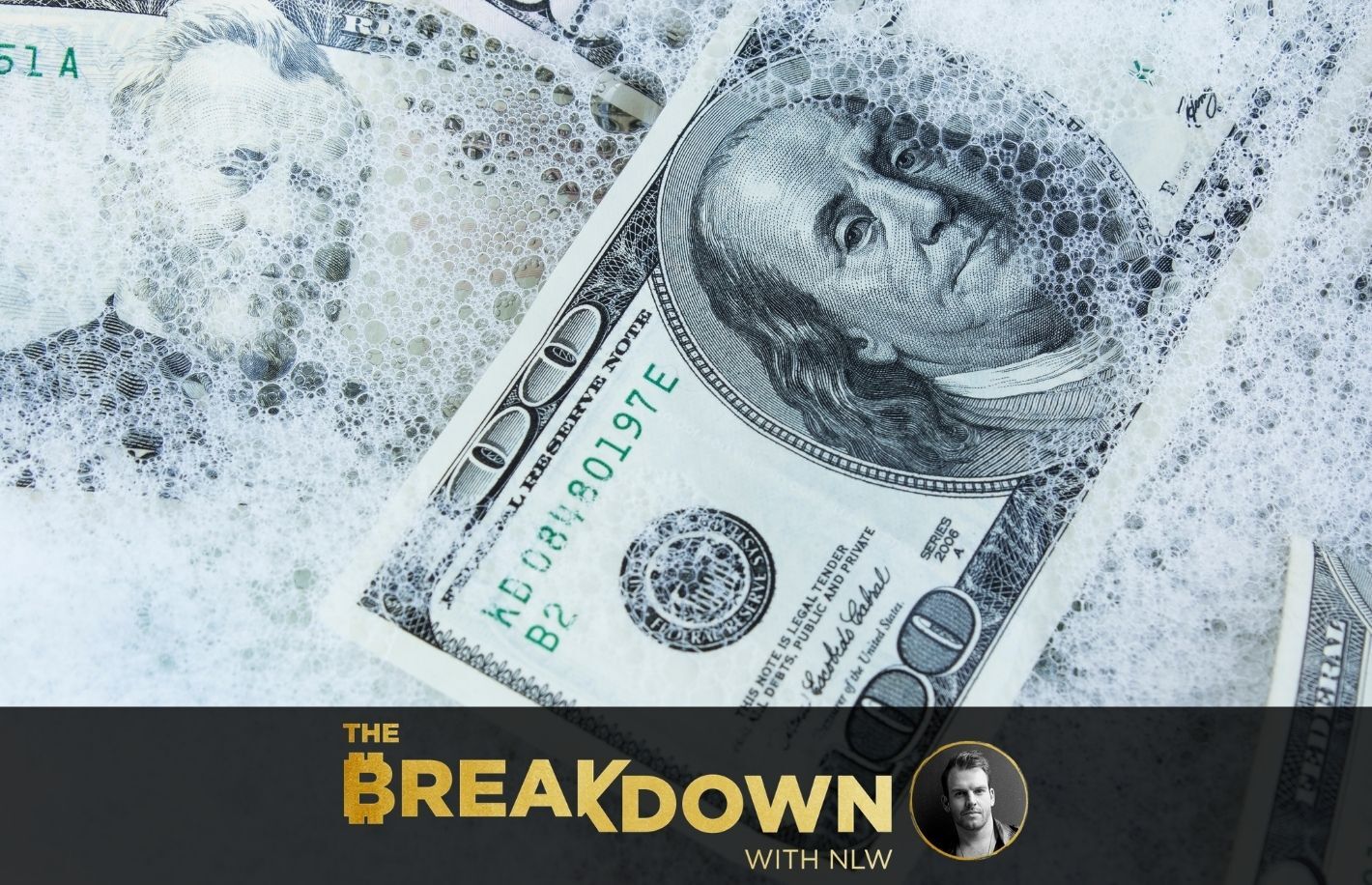It gives me no pleasure to report that less than six months into this Congressional term, the 2024 election season has become fully underway. Florida Governor Ron DeSantis (R) officially declared his candidacy last week, though he appears to have been laying the groundwork (campaigning) for quite some time. Crypto hasn’t been an issue in any previous presidential election, and barely popped its head up during the last few midterms. But as CoinDesk prepares to cover the next roughly 18 months, it looks increasingly likely that this industry will pop its head up.
You’re reading State of Crypto, a CoinDesk newsletter looking at the intersection of cryptocurrency and government. Click here to sign up for future editions.
Election season has kicked off. And now is your chance to help CoinDesk better cover this.
The cliche here is that the next president and Congress will have an important role to play in the regulatory efforts around crypto. That’s true, that’s been true for the current Congressional session and that was true for the last one as well. Still, let’s take a look at what that might look like.
By the way, it’s not just the U.S. that’s holding elections – over the next year and a half, we’ll see elections in India, Bangladesh, Belarus, Finland, Indonesia, Mauritania, Mexico, South Africa and possibly the U.K. Crypto may become an issue voters in some of these other jurisdictions also care about.
The Iowa caucus kicks off primary voting in February 2024, which is roughly nine months from now. There’s over 500 days before the Nov. 5, 2024 election. So naturally the upcoming election season is in full swing.
Florida Governor Ron DeSantis announced his intention to run for president, something that has long been hinted at for a number of months. He joins a crowded field including Robert F. Kennedy Jr., Nikki Haley, Tim Scott and several other people. In his announcement on Twitter Spaces, DeSantis reiterated his anti-central bank digital currency (CDBC) stance in response to a question. The substance of his response is not as interesting as the fact that – right now at least – this is an actual topic of discussion during the campaign.
CoinDesk intends to cover the 2024 election, more comprehensively than we did in 2022. This includes the presidential, other federal and state elections – after all, despite much of the industry’s attention being focused on Congress, most of the legislation actually enacted that addresses crypto has happened at the state level in places like New York and Texas.
My question for this newsletter’s readers is which issues do you see as being most important, and which issues are you paying attention to over the next 18 months?
Are these crypto-specific issues like crypto legislation and the idea of central bank digital currencies? Are they adjacent issues like privacy and the right to transact? Are they broader issues like individual liberties and digital freedoms?
There’s also, of course, the natural push and pull between policy and politics. Will crypto get eaten up as a political issue? Or will we see a robust and substantive discussion of the actual policy and regulatory questions?
Outside the U.S., it’s a bit less clear to me whether crypto will be even a blip on the radar for elections. Certainly the industry may have views and positions in places like India, which enacted steep taxes on crypto transactions, or the U.K., which is experimenting with crypto-specific legislation.
Will that be enough to make crypto or crypto-adjacent topics a campaign issue?
Respond to this email or weigh in on the State of Crypto Telegram group if you have thoughts!
-
(The New York Times) An attorney turned to ChatGPT to write a legal brief. ChatGPT, in turn, made up a bunch of precedents and then told the lawyer who filed the brief – and did not verify any of those precedents – that it hadn’t done so. The lawyer is now facing possible sanctions.
-
(Federal Reserve) The “use of relatively new financial services like cryptocurrency for transactions and Buy Now, Pay Later (BNPL) remained low compared with traditional payment and credit methods” and year-to-year fewer adults overall used crypto in 2022 than 2021, the Federal Reserve reported. Black, Hispanic and lower-income adults were the exception.
-
(NBC) The White House and House Majority Leader Kevin McCarthy (R-Calif.) have struck a deal on the debt ceiling. Though the White House made its proposed crypto wash trading rule a talking point during negotiations, the deal does not address the issue. There’s also been some conflation between this and a proposed mining tax – but that seems to be its own thing and not tied to the debt ceiling debate.
If you’ve got thoughts or questions on what I should discuss next week or any other feedback you’d like to share, feel free to email me at nik@coindesk.com or find me on Twitter @nikhileshde.
You can also join the group conversation on Telegram.










